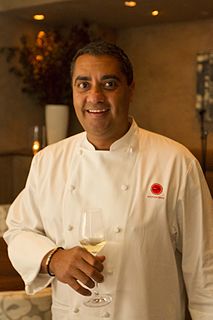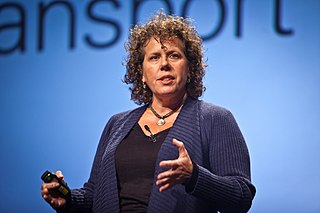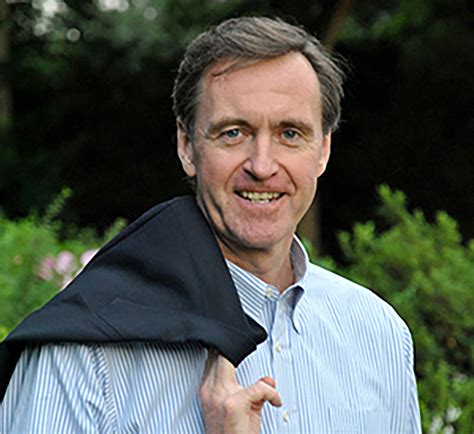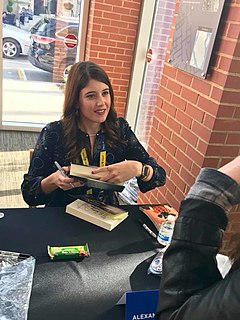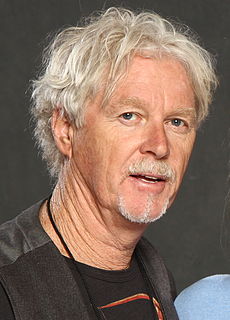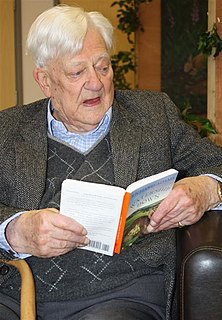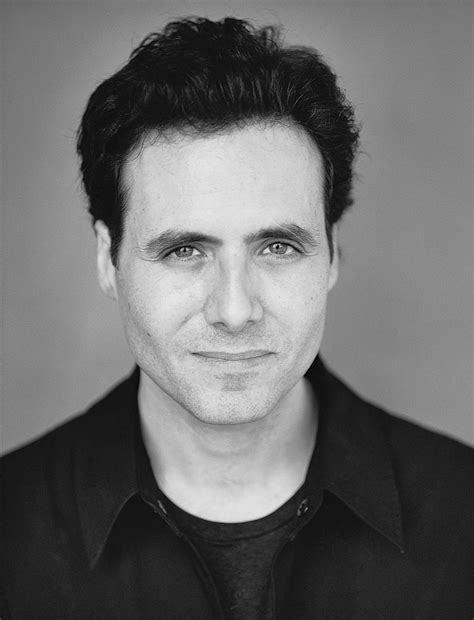A Quote by Michael Mina
There are two ways to look at how life works and how people find their paths. One way is you take your time and try different things out. The other is you settle in early. I was into cooking very early.
Related Quotes
There is a stage you reach, Deagle thinks, a time somewhere in early middle age, when your past ceases to be about yourself. Your connection to your former life is like a dream or delirium, and that person who you once were is merely a fond acquaintance, or a beloved character from a storybook. This is how memory becomes nostalgia. They are two very different things - the same way that a person is different from a photograph of a person.
The church is like any large corporation in one respect. In its early days, either the early church or the early years of Microsoft, you see all kinds of creativity, innovation, invention, people have nothing to lose, they're trying to find what works. Then you wake up and you're a vast enterprise, and it's very hard, when you have all kinds of buildings and structures and hierarchy and so on, to hang on to these very creative impulses that helped you get your great success in the first place. As a church we're going to have to figure a way out from under this.
The idea that boxing lends itself to cinema so well is because it's usually a morality play - good against evil, insecurity and triumph, fear strikes out, so the audience can really get drawn into the drama of it. Also, it was sensual and very primal. I think subliminaly we do two things - life is a fight, life is a struggle and we understand that from our early, early, early ancestors, and life is a race.
Life isn’t fair." I said. "It’s taken me a while to get that. It’s always going to disappoint you in some way or another. You’ll make plans, and it’ll push you in another direction. You will love people, and they’ll be taken away no matter how hard you fight to keep them. You’ll try for something and won’t get it. You don’t have to find meaning in it; you don’t have to try to change things. You just have to accept the things that are out of your hands and try to take care of yourself. That’s your job.
One of the problems of taking things apart and seeing how they work - supposing you're trying to find out how a cat works--you take that cat apart to see how it works, what you've got in your hands is a non-working cat. The cat wasn't a sort of clunky mechanism that was susceptible to our available tools of analysis.
How do they find out with the experiments?''...one way they can find out a whole lot is to make an animal ill and then try different ways to make it better until they find one that works.''But isn't that unkind to the animal?''Well, I suppose it is...but I mean, there isn't a dad anywhere who would hesitate, is there, if he knew it was going to make [his child] better? It's changed the whole world during the last hundred years, and that's no exaggeration.
I've often tried to describe how memory works. I've suggested this to students, and told them to close their eyes and try to remember what I look like. Then I ask them if they remember what I look like. But when you open your eyes you will be surprised how different what you thought I looked like is to what I actually look like. Because the imagination is a different raw material from actual vision. Memory is very different from the thing itself.
There's a bigger question again about how to do prevention. It's not simply about putting out the early warning. The early warning was put out on Abyei; everybody knew that this was coming. This was intentional, and still it happened. So this idea that we fail to stop these things because there's not awareness about them, or that we need better early warning information, I'm increasingly skeptical of. I think it's about how you move that information into the policy process.
I have these guilts about never having read Chaucer but I was talked out of learning Early Anglo-Saxon / Middle English by a friend who had to take it for her Ph.D. They told her to write an essay in Early Anglo-Saxon on any-subject-of-her-own-choosing. “Which is all very well,” she said bitterly, “but the only essay subject you can find enough Early Anglo-Saxon words for is ‘How to Slaughter a Thousand Men in a Mead Hall’.
